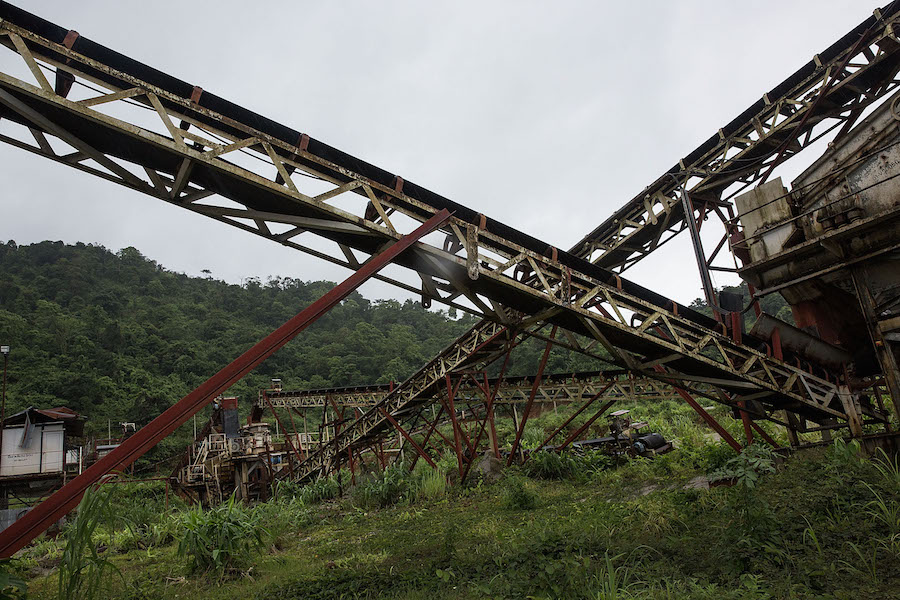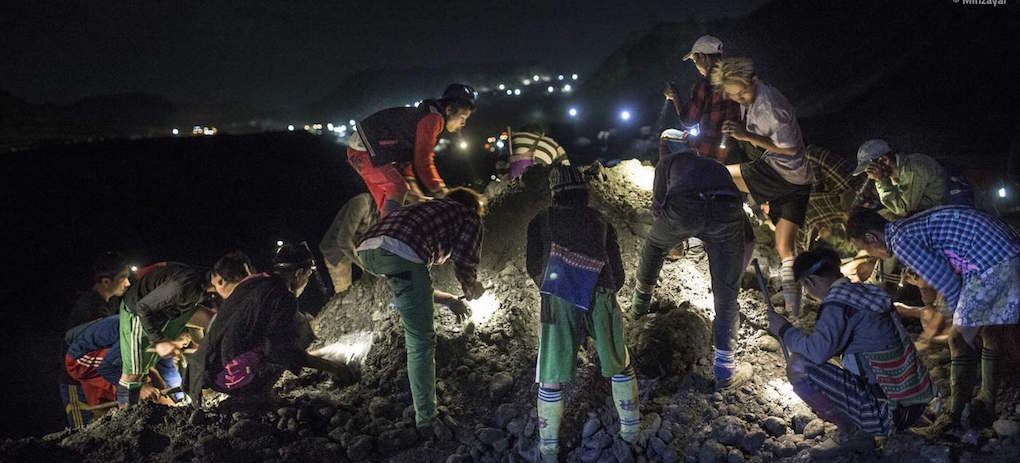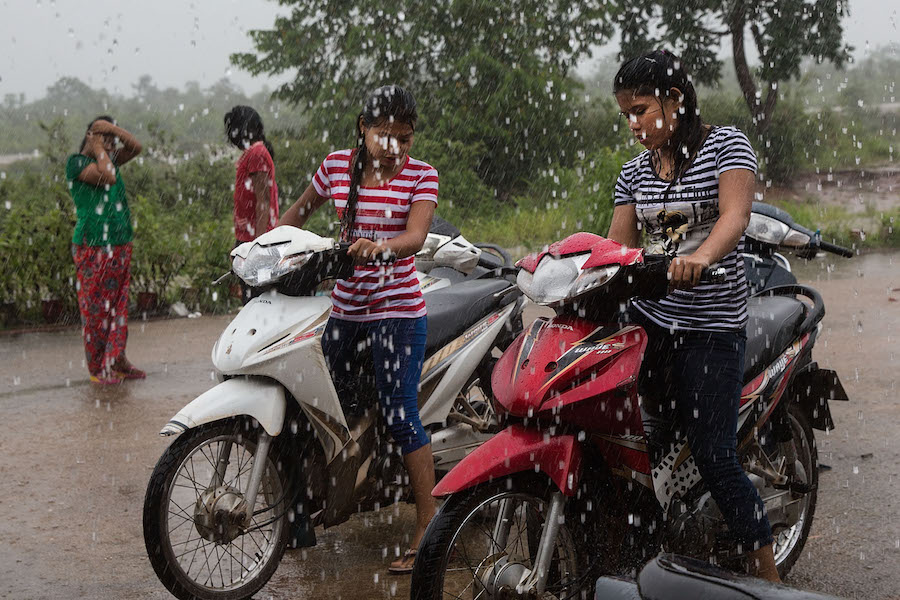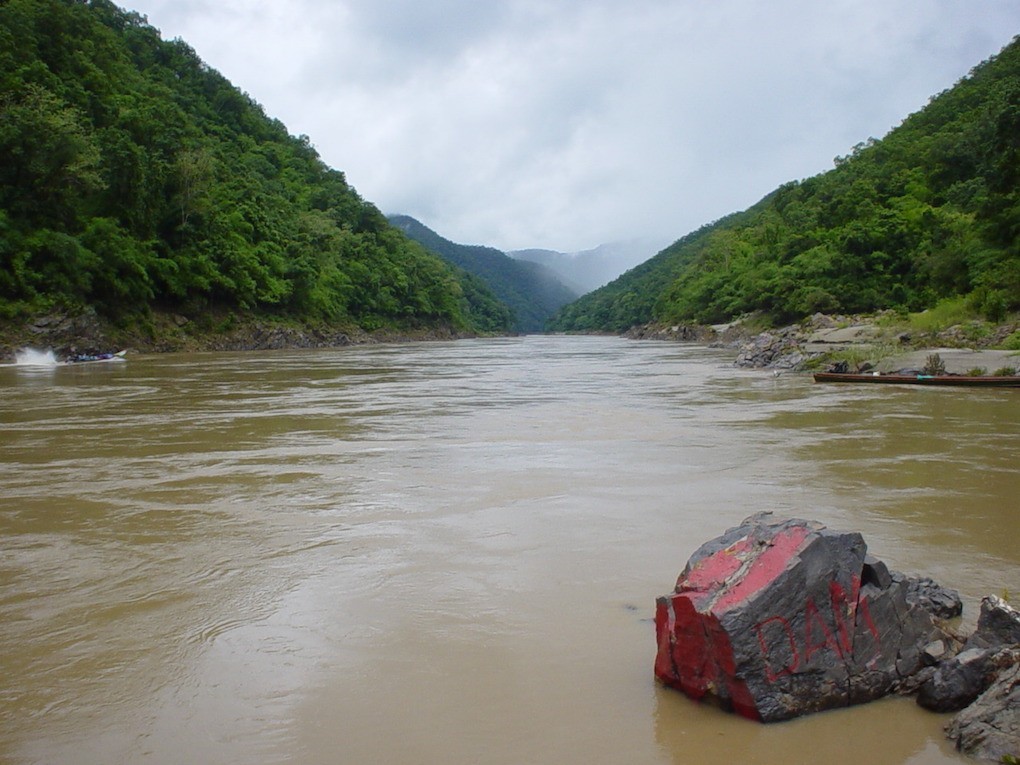China has consistently demanded its companies operating abroad respect local laws, China’s Foreign Ministry said on Monday after hundreds of villagers in Myanmar protested against the resumption of operations at a Chinese-backed copper mine.
The protests have gathered momentum since last Wednesday when some people broke through police barriers protecting the mine, operated by Myanmar Wanbao, a unit of a Chinese weapons maker, in one of the first tests for the new government’s ability to deal with public anger.





